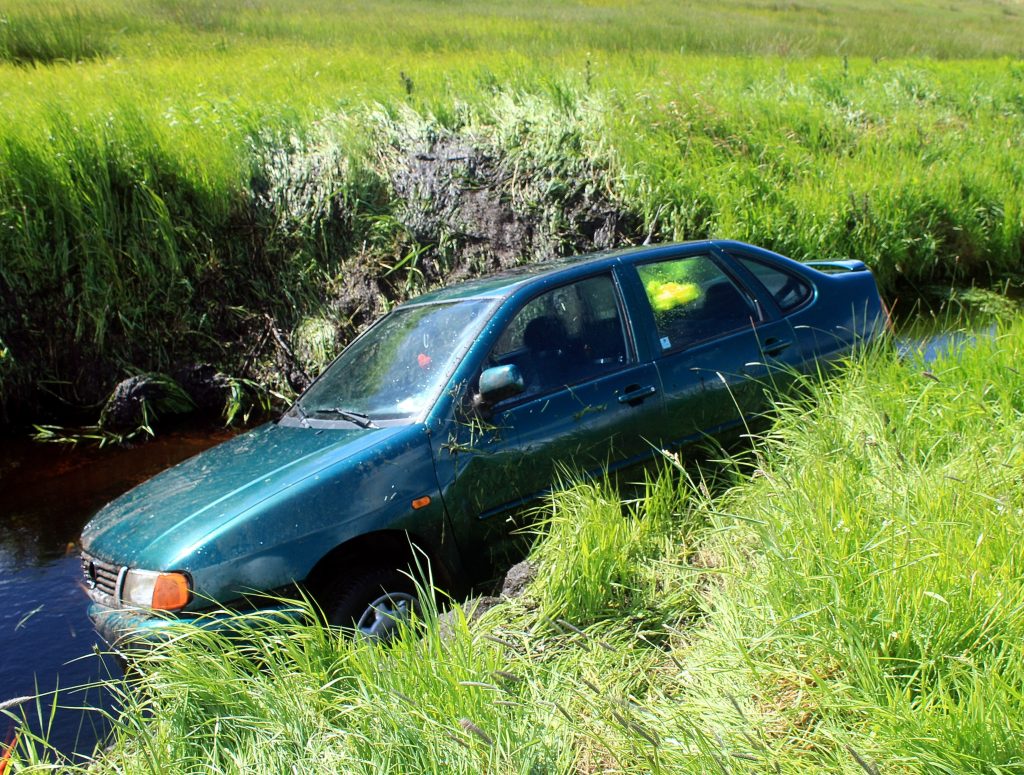 Have you ever been involved in a car accident? It’s a scary experience that can have serious consequences. If you’ve been injured in an accident, you may be entitled to compensation for your injuries and damages. But what happens when multiple parties are involved? That’s the question at the heart of a case out of Louisiana, where a car accident resulted in a lawsuit between multiple parties. The case raises important questions about the legal responsibility of parties in a car accident and the process for resolving disputes in court.
Have you ever been involved in a car accident? It’s a scary experience that can have serious consequences. If you’ve been injured in an accident, you may be entitled to compensation for your injuries and damages. But what happens when multiple parties are involved? That’s the question at the heart of a case out of Louisiana, where a car accident resulted in a lawsuit between multiple parties. The case raises important questions about the legal responsibility of parties in a car accident and the process for resolving disputes in court.
Shaw, a construction engineering company, allegedly had a labor agreement with HKA Power. The parties were bound by the Master Supplemental Labor Services Agreement (“Agreement”), which originally existed between HKA Power and Energy Delivery Services but was acquired by Shaw after the agreement was in place. According to Shaw, HKA Power was required to name Shaw/EDS as an additional named insured on their insurance policies once Shaw acquired EDS. The issue arose after a truck accident where Gregory Beasley, an HKA Power employee, was driving a truck owned by Shaw and rear-ended another truck driven by Justin Parker, injuring him and his passenger Gregory Gumpert.
Parker and Gumpert filed a lawsuit against Shaw, Zurich (Shaw’s alleged liability insurer), and Beasley. Zurich and Shaw then filed a third-party claim against HKA Power, alleging Beasley was an HKA Power employee and performed services for Shaw under the Agreement. HKA Enterprises, Inc. was later added as a third-party defendant, with Zurich and Shaw alleging HKA Enterprises was the parent company or successor entity to HKA Power and breached the labor agreement by not naming Shaw/EDS as an additional named insured.
 Louisiana Personal Injury Lawyer Blog
Louisiana Personal Injury Lawyer Blog


 Cities need to ensure public utilities are safe and properly installed. Road fixtures, such as traffic lights and speed limit signs, are an essential part of infrastructure. When road fixtures are installed negligently, the public needs to be able to hold the liable parties accountable.
Cities need to ensure public utilities are safe and properly installed. Road fixtures, such as traffic lights and speed limit signs, are an essential part of infrastructure. When road fixtures are installed negligently, the public needs to be able to hold the liable parties accountable. 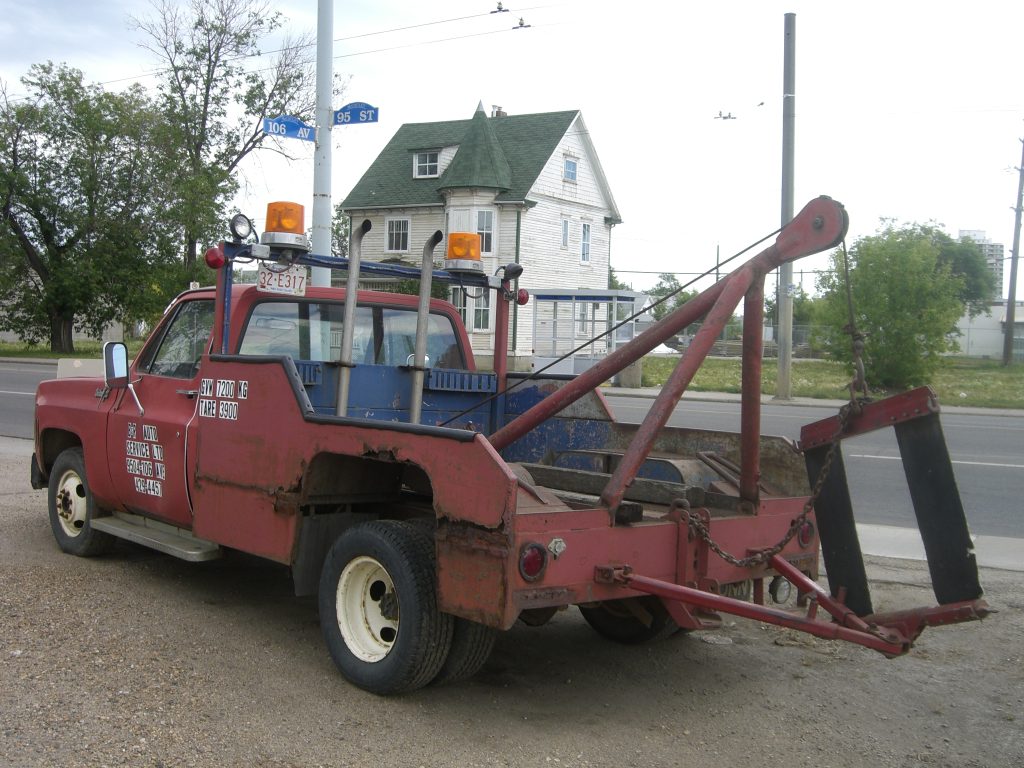 Personal injury cases can lead to placing the blame on a party so the injured person can receive compensation for her injuries. But what happens after a traffic miscommunication if both sides blame the other for the wreck? Further, what if their insurance companies are unwilling to take all the blame and pay for the accident? The only way to solve this dilemma is through a trial which can help apportion the fault of each side after weighing the evidence. The following case out of Marksville, Louisiana, shows how fault should be apportioned in a personal injury car accident.
Personal injury cases can lead to placing the blame on a party so the injured person can receive compensation for her injuries. But what happens after a traffic miscommunication if both sides blame the other for the wreck? Further, what if their insurance companies are unwilling to take all the blame and pay for the accident? The only way to solve this dilemma is through a trial which can help apportion the fault of each side after weighing the evidence. The following case out of Marksville, Louisiana, shows how fault should be apportioned in a personal injury car accident. 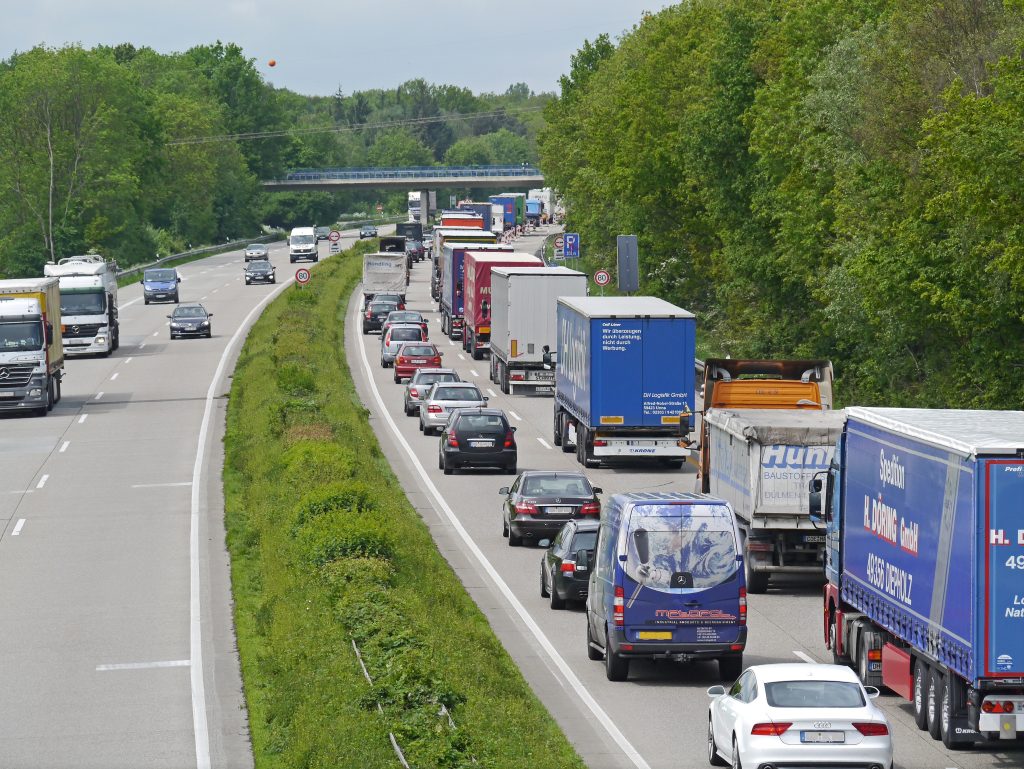 As the weather gets nicer across the country, millions will travel to destinations near or far. Unfortunately, with this increase in traffic, accidents will occur due to the negligence of drivers. But what happens when the roadway’s integrity and safety come into question? Can the state be held liable for a highway’s defects? – The following lawsuit out of Morgan City, Louisiana, helps answer that question.
As the weather gets nicer across the country, millions will travel to destinations near or far. Unfortunately, with this increase in traffic, accidents will occur due to the negligence of drivers. But what happens when the roadway’s integrity and safety come into question? Can the state be held liable for a highway’s defects? – The following lawsuit out of Morgan City, Louisiana, helps answer that question.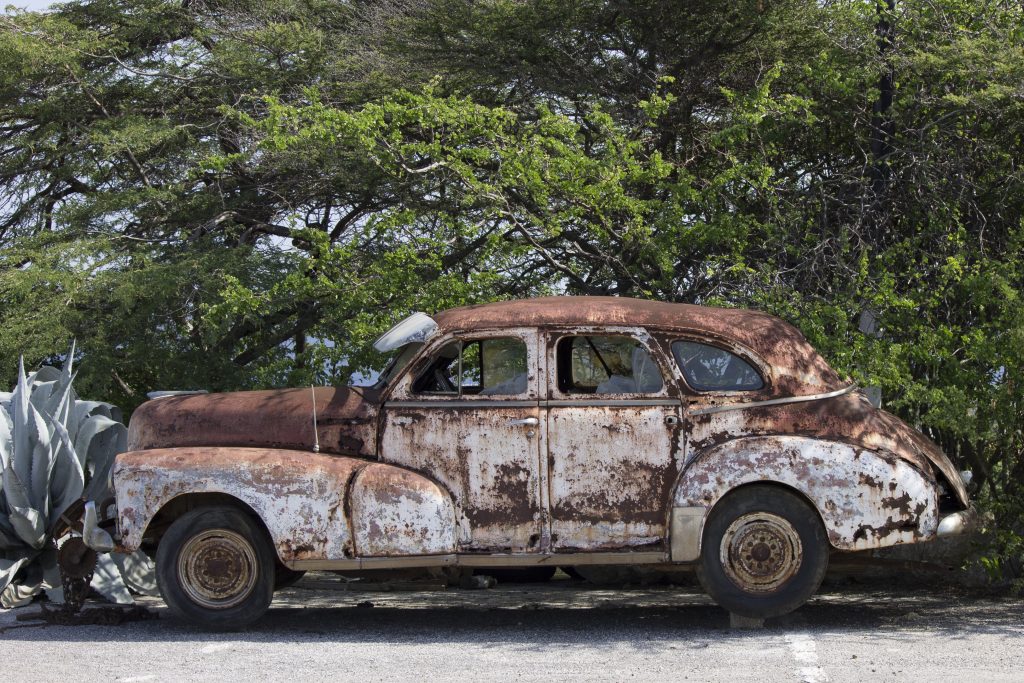 Driving while on the job can be a common occurrence for many employees. Sometimes you may even use your personal vehicle on a workplace errand. If so, beware; Accidents happen, and your employer’s insurance may not cover you.
Driving while on the job can be a common occurrence for many employees. Sometimes you may even use your personal vehicle on a workplace errand. If so, beware; Accidents happen, and your employer’s insurance may not cover you. 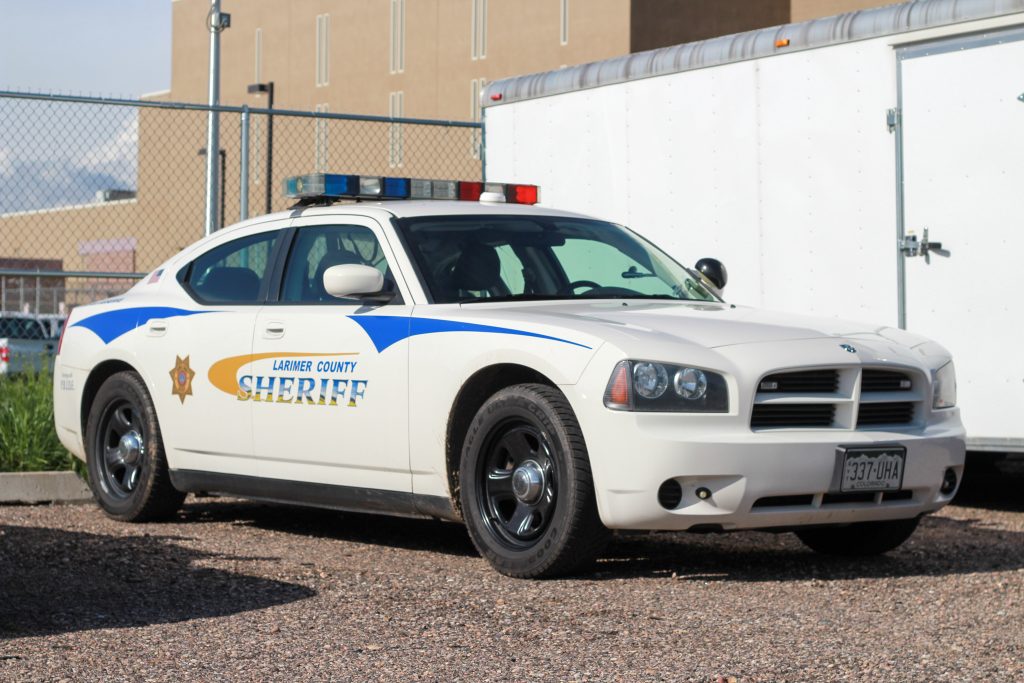 This scenario is not hard to imagine: you are driving along the road, and you get into an accident; however, the other vehicle is not just a regular car owned by a private citizen, but it is a dump truck owned by the local government. When suing a local governmental entity such as a sanitation department or police station, the injured party may face obstacles in naming precise owners of public vehicles or following procedural rules. A recent case out of St. Charles Parish demonstrates what kinds of procedural obstacles a plaintiff may face. It also helps answer the question; what happens if I name the wrong defendant in a lawsuit? Is my case over?
This scenario is not hard to imagine: you are driving along the road, and you get into an accident; however, the other vehicle is not just a regular car owned by a private citizen, but it is a dump truck owned by the local government. When suing a local governmental entity such as a sanitation department or police station, the injured party may face obstacles in naming precise owners of public vehicles or following procedural rules. A recent case out of St. Charles Parish demonstrates what kinds of procedural obstacles a plaintiff may face. It also helps answer the question; what happens if I name the wrong defendant in a lawsuit? Is my case over? Have you ever been involved in a car accident that potentially involved two states and wondered which state’s laws would govern your personal injury lawsuit? Say, you have an insurance policy issued in Texas, and you get into a car wreck in Louisiana. Which state’s laws will apply if you file a lawsuit related to the accident? The following case shows how Louisiana Courts use a choice of law analysis to determine what state laws should apply in these situations.
Have you ever been involved in a car accident that potentially involved two states and wondered which state’s laws would govern your personal injury lawsuit? Say, you have an insurance policy issued in Texas, and you get into a car wreck in Louisiana. Which state’s laws will apply if you file a lawsuit related to the accident? The following case shows how Louisiana Courts use a choice of law analysis to determine what state laws should apply in these situations. 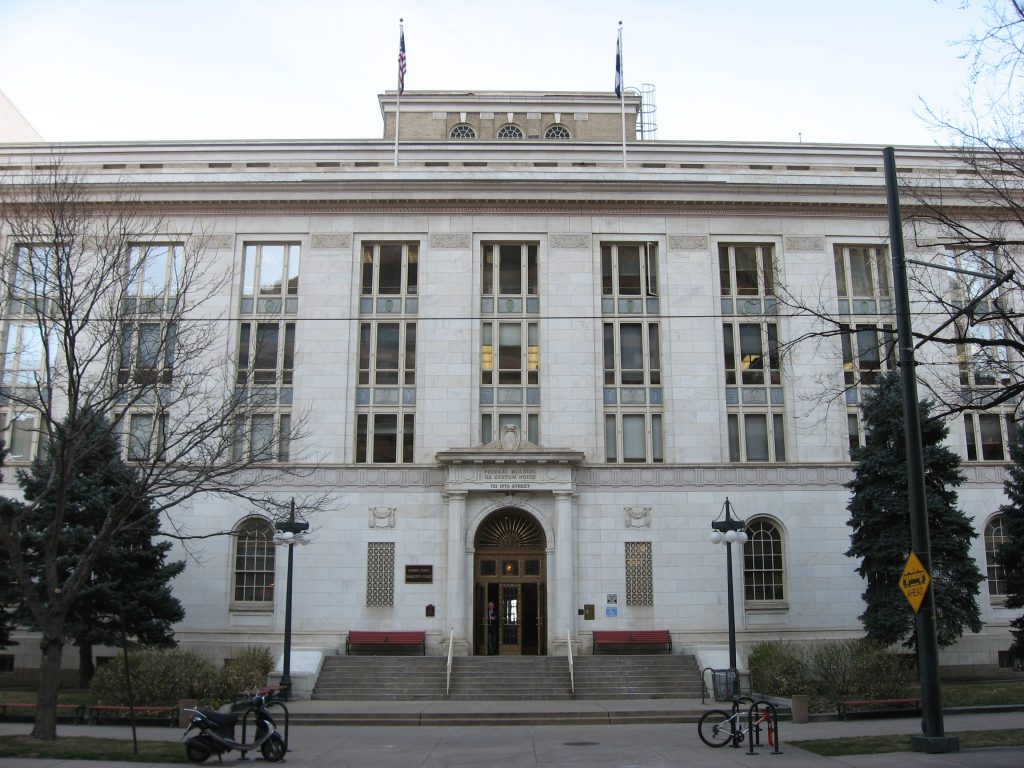 Filing for bankruptcy can be an overwhelming experience.
Filing for bankruptcy can be an overwhelming experience. Calculating appropriate damages for a plaintiff who experiences ongoing injuries from a vehicle accident is complex. Jury awards generally are left undisturbed by appellate courts. The following lawsuit shows how the appeals process can alter a jury’s award for mental and physical pain and suffering.
Calculating appropriate damages for a plaintiff who experiences ongoing injuries from a vehicle accident is complex. Jury awards generally are left undisturbed by appellate courts. The following lawsuit shows how the appeals process can alter a jury’s award for mental and physical pain and suffering. 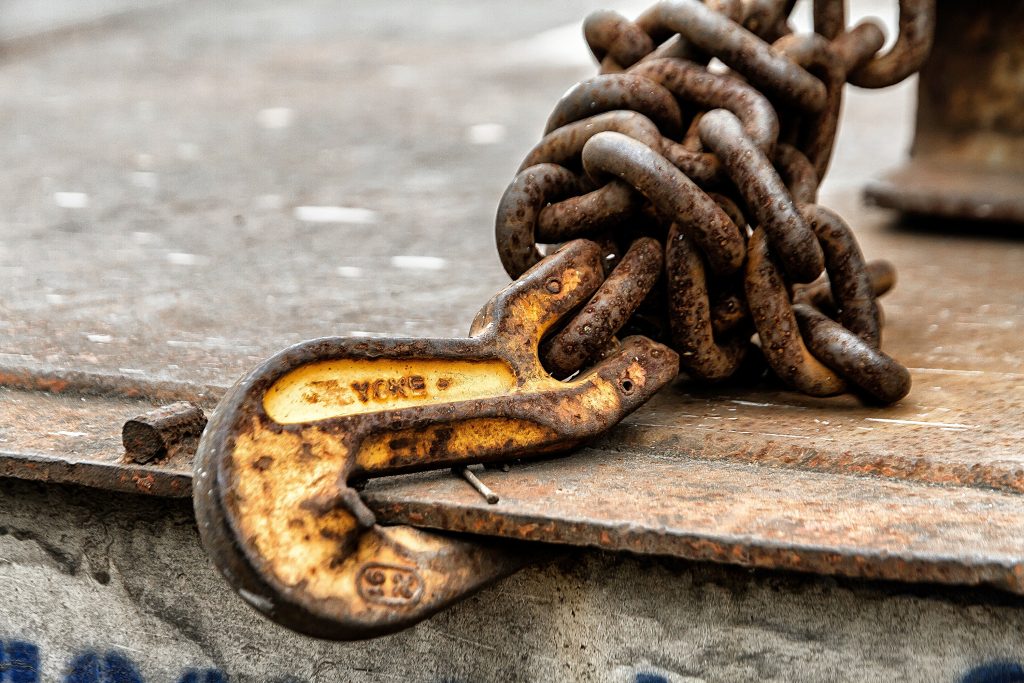 If you are involved in a lawsuit, you probably have a lot of things on your mind. However, you must pay attention to the required deadlines and time to respond to documents from the other side, including requests for admission. If you do not respond on time, you might be deemed to have admitted to facts that are helpful to the other side. That could cause significant implications for your lawsuit. The following Louisiana lawsuit shows the deadline to answer and the effect of admission requests.
If you are involved in a lawsuit, you probably have a lot of things on your mind. However, you must pay attention to the required deadlines and time to respond to documents from the other side, including requests for admission. If you do not respond on time, you might be deemed to have admitted to facts that are helpful to the other side. That could cause significant implications for your lawsuit. The following Louisiana lawsuit shows the deadline to answer and the effect of admission requests.